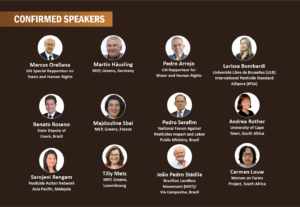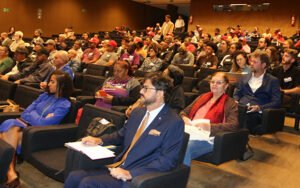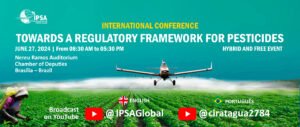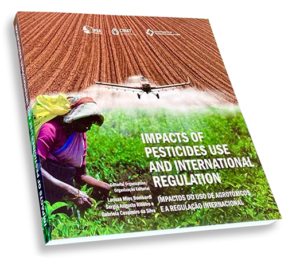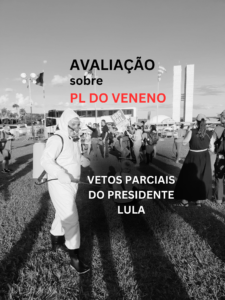On June 28, the Chamber of Deputies of Brazil hosted the International Conference Towards an International Regulatory Framework for Pesticides. The event, organized by the International Pesticide Standardization Alliance (IPSA), Heinrich Böll Foundation, International Center for Water and Transdisciplinarity (CIRAT), Public Labor Ministry (MPT), and Federal Public Ministry (MPF), was a success thanks to the crucial roles played by the organizers, speakers, partners, and audience. The conference saw significant participation from organized civil society, federal government sectors, and researchers from the Global South, all united in the fight for international regulation of pesticides, human health, the environment, and climate.
Global Context and Challenges
The conference highlighted the disparity in pesticide use and regulation between the Global North and Global South. While the European Union (EU) has banned several toxic substances, companies from the Global North continue to market these products in Global South countries, where pesticide consumption is alarming. Data presented indicate that Brazil, for example, saw a 78% increase in pesticide consumption over the last decade, solidifying its position as the world’s largest consumer.
Health and Environmental Impacts
Pesticides have devastating effects on human health and the environment. Globally, 385 million cases of pesticide poisoning are reported annually, disproportionately affecting populations in the Global South. In Brazil, between 2010 and 2019, 56,870 cases of poisoning were recorded, averaging 15 people per day. These chemicals not only contaminate water and soil but also directly impact vulnerable communities such as indigenous and quilombola populations.
State Deputy Renato Roseno (CE) emphasized international regulation’s importance in promoting greater environmental safety and human health protection. Roseno, known for his legislative work against pesticides, authored legislation that banned aerial spraying of pesticides in Ceará.
Industry Lobbying: Obstacles
Larissa Bombardi, a researcher from the Department of Geography at USP and a member of IPSA, highlighted that lobbying by major industries in favor of pesticide use is one of the main obstacles in the fight against these substances. She pointed out that although the EU has banned several toxic substances, its companies control more than a third of global sales and continue to market these products in regions like South America, which is currently the largest consumer of pesticides in the world. Bombardi stressed the need for a robust confrontation of this economic logic and the growth of international awareness on the issue.
Mobilization and Social Control
The participation of civil society was deemed crucial for implementing an international regulatory framework. Fátima Borghi, a Regional Prosecutor of the Republic, emphasized the importance of social control and popular participation in discussions about pesticide use. The National Forum for Combating the Impacts of Pesticides and GMOs, created in 2009, exemplifies the necessary mobilization to face the challenges posed by the indiscriminate use of these products.
Jakeline Pivato, from the Executive Secretariat of the Permanent Campaign Against Pesticides and For Life, highlighted the importance of social mobilization and the actions of the Campaign, which has been fighting against pesticides in Brazil for 13 years, promoting awareness and political resistance.
Ceres Hadich, from the national leadership of MST, Landless Workers’ Movement, a social movement in Brazil, pointed out the crisis of the current agrochemical model and the need to think about the future collectively, promoting agroecological production models as an alternative to agribusiness.
Proposals and Initiatives
During the event, a letter was released reinforcing the need to review the tax exemption granted to pesticides in Brazil, proposing a special tax based on the toxicity of the substances. The proposal aims to offset the costs of the Unified Health System (SUS) with the treatment of complications associated with pesticide use.
Federal Deputy Nilto Tatto (SP) emphasized the need to keep the debate on pesticides up to date, mentioning the high costs that this agricultural model imposes on Brazil, especially in public health.
Arnaud Apoteker, from the “Justice Pesticide” organization in France, spoke about the Monsanto Tribunal as an initiative to obtain compensation for the damages caused by pesticides and promote their ban, highlighting the need for global health justice. Fernando Bejarano, from the Pesticide Action Network and its Alternatives in Mexico (RAPAM), discussed Mexico’s fight against pesticides and GMOs, mentioning the national campaign that resulted in a presidential decree to gradually eliminate imports of transgenic corn and glyphosate.
Minister Paulo Teixeira, from the Ministry of Agrarian Development, participated in the event reinforcing the government’s commitment to the sustainable development agenda and the need for public policies that reduce the use of pesticides.
Future Perspectives
A second conference is scheduled for October this year at the European Parliament in Brussels, aiming to stimulate the creation of an international regulatory framework within the United Nations (UN). The proposal is for the debate to take place both in the Global South and North, aiming for comprehensive and effective regulation. Bombardi highlighted the importance of creating a bridge between the Global South and North to amplify the debate and seek joint solutions.
Mobilization is Essential
The International Conference Towards an International Regulatory Framework for Pesticides underscored the urgency of global regulation to control and eventually ban the indiscriminate use of pesticides. The mobilization of various sectors of society, combined with effective state engagement, is essential to face the challenges posed by these substances and protect human health and the environment.
